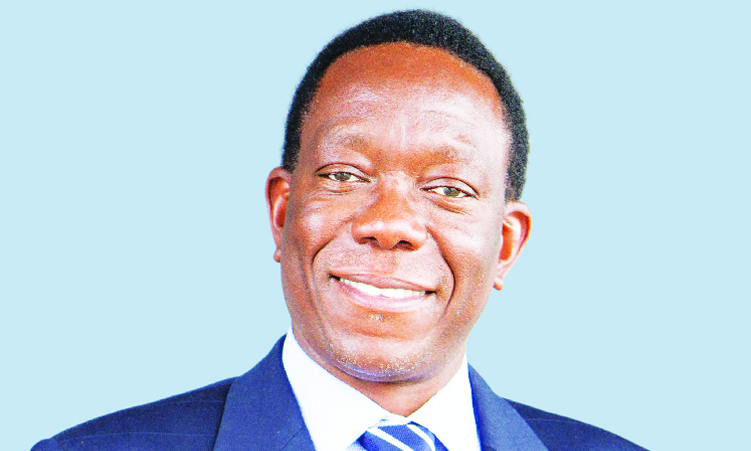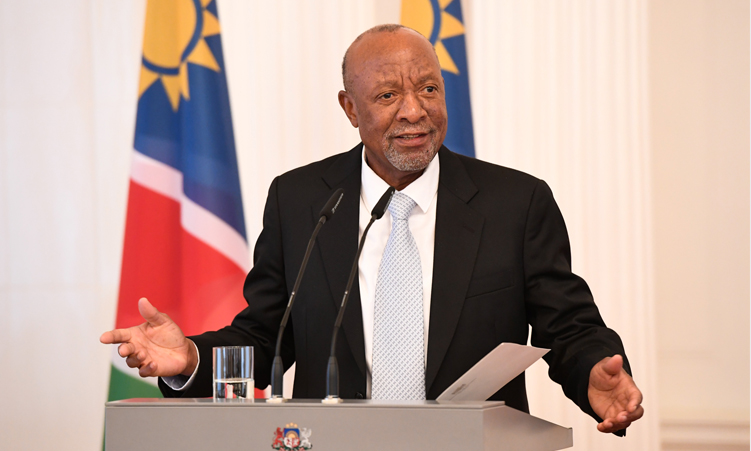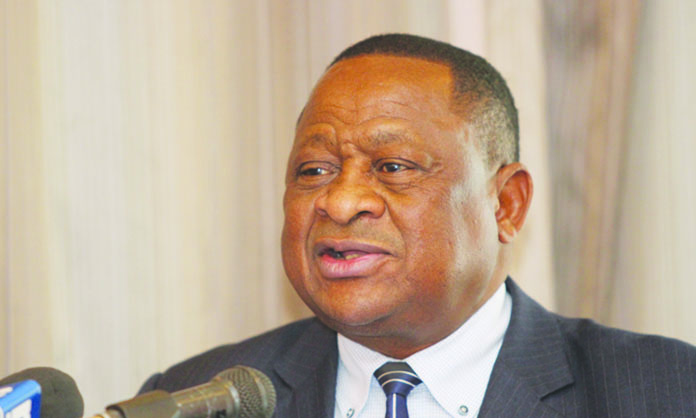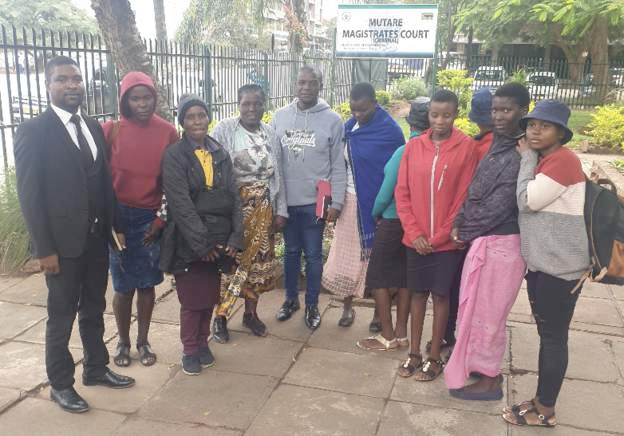The government is conducting a legal assessment on the recent landmark ruling by the Supreme Court, directing it to recognise same-sex marriages validly concluded abroad, before deciding on a course of action.
This was confirmed by attorney general Festus Mbandeka.
“Given the magnitude of this judgement and its wider legal implications, the government is in the process of conducting a legal assessment of this constitutional ruling, before determining the appropriate course of action within the available constitutional parameters,” Mbandeka said. He said the government will inform the public of the official government response to the Supreme Court ruling at the appropriate time.
The ruling taken on 16 May deemed the exclusion of same-sex marriage spouses from the Immigration Control Act of 1993 as a violation of dignity and equal rights protected by the Namibian Constitution.
Mbandeka acknowledged that article 81 of the Constitution provides that the Supreme Court’s decision is binding on all other courts and persons in Namibia, unless it is reversed by the Supreme Court itself or contradicted by an act of parliament lawfully enacted.
“The doctrine of separation of powers requires that the three branches of government maintain independence from each other and must exercise checks and balances in respect of their respective functions,” he said.
However, the government remains cautious about its course of action on the matter and has urged the public to exercise their constitutionally protected freedom of speech in a responsible and respectful manner.
The magnitude and implications of this ruling have been apparent for weeks, with the lesbian, gay, bisexual, transgender, queer, intersex and other (LGBTQI+) community facing a wave of hate speech and discrimination. Since the ruling, several WhatsApp groups have been created to oppose it. Mbandeka said Namibia as a democratic country guarantees freedom of speech and expression in terms of article 21 of the Constitution.
“However, exercising these rights, especially regarding the subject matter of the Supreme Court ruling, must be done in a constructive, responsible and respectful manner that does not violate the rights of others and or undermine the constitutional mandate of any of the three branches of the state (the executive, the judiciary and the legislature),” Mbandeka said.
Meanwhile, Positive Vibes Trust, an organisation dedicated to promoting social justice for marginalised groups, condemned the wave of hate speech and discrimination targeting the LGBTQI+ community in the wake of the ruling.
The trust said throughout Africa, LGBTQI+ individuals have faced severe discrimination and have been criminalised under colonial-era laws.
Flavian Rhode, the executive director of Positive Vibes, said the Namibian judiciary has taken a significant step forward in dismantling these oppressive barriers, promoting diversity and upholding the rights of LGBTQI+ persons.
“I feel proud and affirmed in the independence and impartiality communicated through this landmark judgement. It makes those of us who are typically othered feel heard and seen in our judicial system,” Rhode said.
The Supreme Court ruling has stirred a contentious response from politicians and religious institutions. This opposition movement has gained momentum, with detractors seeking to challenge the decision through parliamentary means.
The Legal Assistance Centre (LAC) recently asserted that parliament lacks the authority to override the Supreme Court’s decision regarding the recognition of same-sex marriages conducted abroad.
LAC emphasised that while parliament can amend laws if it disagrees with the Supreme Court’s interpretation, it cannot overturn the court’s determination that a specific provision or law is unconstitutional.
Stay informed with The Namibian – your source for credible journalism. Get in-depth reporting and opinions for
only N$85 a month. Invest in journalism, invest in democracy –
Subscribe Now!






